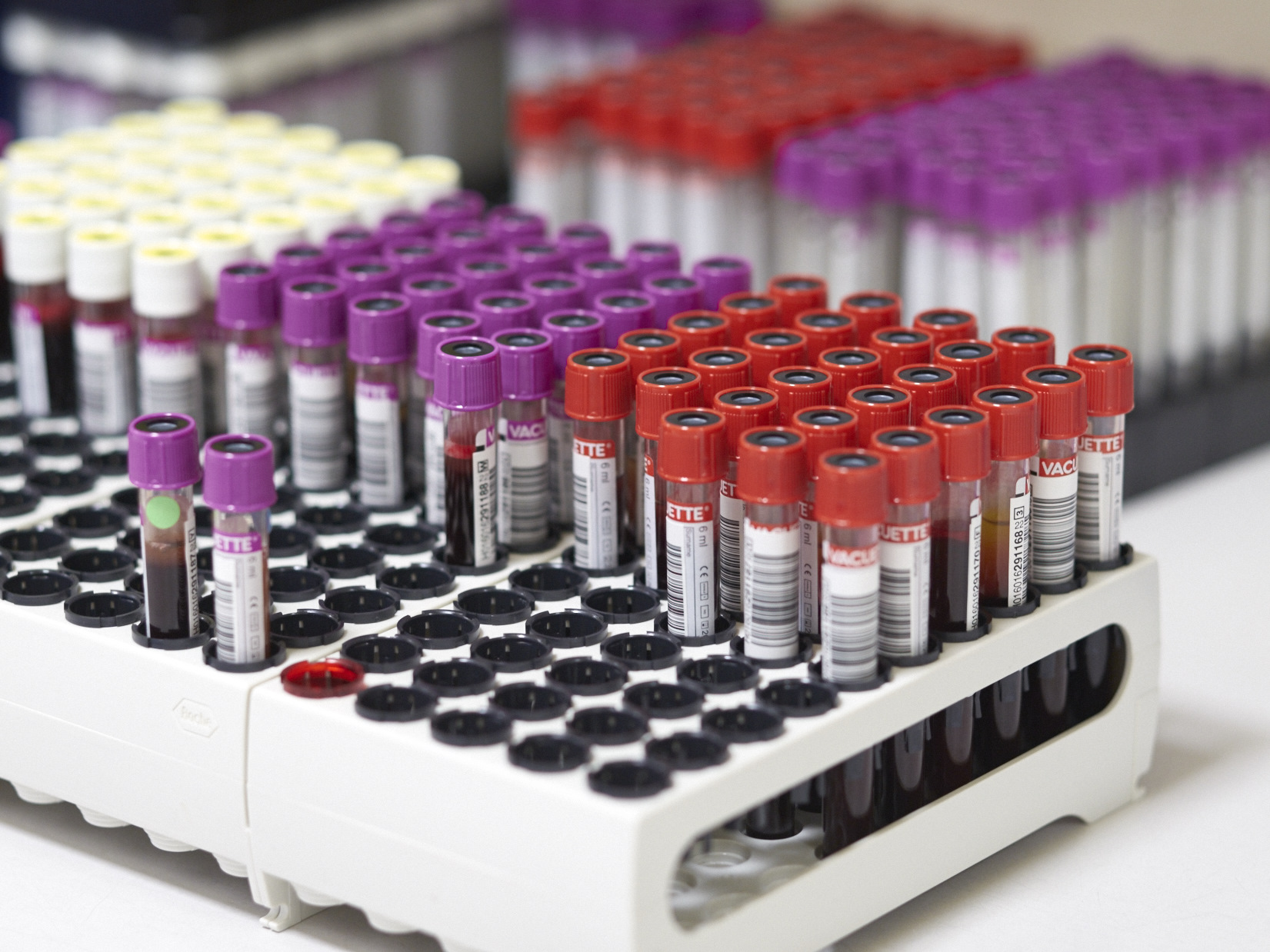Apheresis donation well tolerated by donors up to age 75
Subject to a doctor’s evaluation, healthy, experienced donors aged 65-74 have been permitted to donate blood components collected by apheresis for a few years now. Previously, only people under the age of 65 were allowed to make an apheresis donation. Unlike the process for a whole blood donation, in which the donor’s blood flows directly into the blood-bag, in an apheresis donation procedure, the donor is connected to an apheresis machine. The blood flows into this machine, where it is centrifuged and separated into its component parts. Usually, the apheresis procedure is used to collect two blood components (platelets and plasma) in concentrated form. The rest of the blood flows back into the donor.
Data from scientific studies show that experienced, healthy donors in this age group tolerate apheresis donation very well.
All side effects experienced by people who donate at one of the eleven blood transfusion services are documented and evaluated on an annual basis. In 2021, data from 249,385 donations of whole blood and 16,758 apheresis donations were analysed. Less than 2 per cent of donors exhibited side effects, and 99, 42 per cent of these were mild reactions. There is no indication that the inclusion of the 65-75 age group has resulted in an increased frequency of side effects. As of January 2022, age groups are examined separately when donor side effects are evaluated in order to obtain even more detailed information.
The monitoring of donor side effects is not mandatory in all countries. It is in Switzerland, however.

